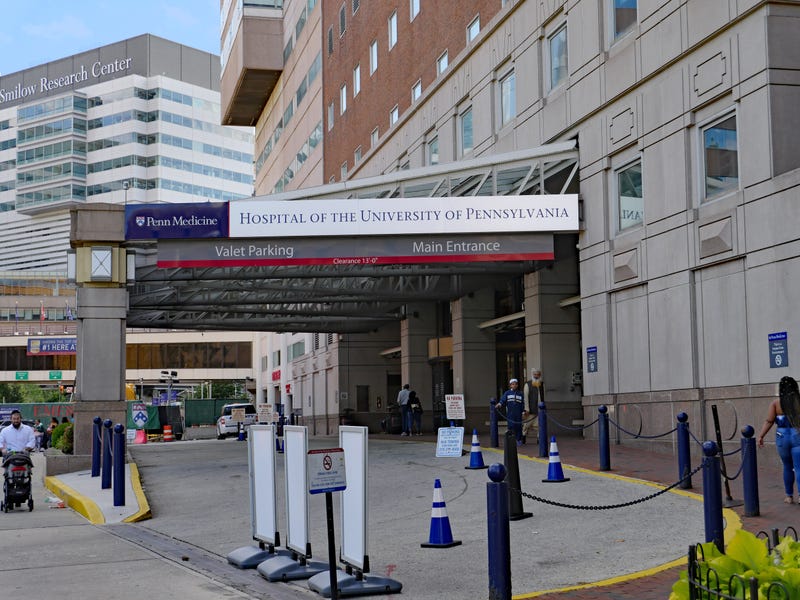
PHILADELPHIA (KYW Newsradio) — Jasper Liem didn’t undergo gender affirming surgery until his late 20s, but said he knew something was different as early as 12 years old.
“I didn't just know that my gender was different than others,” he said. “I knew that my body was not the one that I could move around the world in and it took a long time because I needed to get the other supports put in place in my life.”
In his role as executive director of the Attic Youth Center — long dedicated to providing safe spaces for LGBTQ+ youth in Philadelphia — Liem has navigated many conversations with young people about seeking gender affirming care. The Attic Youth Center actively advises youth about their identity struggles and said the decisions parents make to allow their children to have gender affirming care don’t come lightly.
“The reality is that it's not easy to get the procedure approved to find a surgeon, or to jump through all of the hoops to get it done,” Liem said. “There is an assessment process that is done by a mental health professional. There are procedures and a standard of care that is followed.”
According to JAMA Pediatrics, more than 300 000 adolescents aged 13 to 17 years-old identify as transgender and gender diverse in the U.S.
When Penn Medicine decided it would no longer perform gender affirming surgeries for people under 19 years old, Liem came out strongly against the decision.
“For this to be a case of, we will not provide this procedure because of your age alone and because you are trans identified, is discriminatory,” he said.
Penn Medicine’s decision came after President Donald Trump signed an executive order in January that cut funding for medical institutions offering gender affirming care for those under the age of 19.
Do No Harm, a national conservative group led by Chairman Stanley Goldfarb, celebrated Penn’s decision.
“It's really not our business to tell adults how to behave, but children we feel are unable to give informed consent, are unable to understand the implications of these treatments,” said Goldfarb.
Gender affirming treatments can include medication and hormone therapy as well as surgeries to alter body parts that differ from the gender individuals identify with. Goldfarb said the procedures are risky.
“We're opposed to it in children,” he said. “We believe children should receive psychiatric care when they express gender dysphoria.”
Gender dysphoria is when a person experiences distress due to a perceived mismatch between their assigned sex at birth and their gender identity.
With Penn Medicine’s cut to gender affirming care, youth in Philadelphia lose a treatment option, but there are other hospitals that still provide the surgeries. Still, Liem feels institutions are being forced to decide whether to participate in discriminating against LGBTQ youth, or risk being able to care for other populations due to funding cuts.
